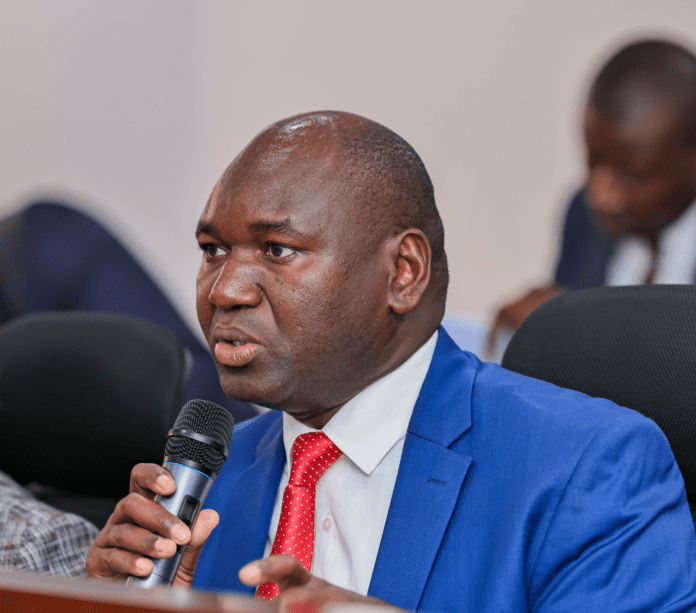The government has rolled out a countrywide national ID registration drive targeting secondary school students who have attained the age of 18.
The initiative, led by the State Department for Immigration and Citizen Services through the National Registration Bureau (NRB), aims to ensure eligible learners acquire identification documents before completing high school.
In a circular issued on May 29, Education Principal Secretary Julius Bitok said the exercise was essential to enable students easier access to tertiary education, job opportunities, and financial aid, including Higher Education Loans Board (HELB) support.
“The State Department for Immigration and Citizen Services, through the National Registration Bureau (NRB), intends to undertake a mobile National ID registration drive targeting eligible students in secondary schools during the current (second) school term (May–August 2025),” read the statement.
The registration, which will run until August, will be conducted within school compounds, eliminating the need for students to travel to external registration centres.
To streamline the process, principals and deputy principals have been designated as official identification agents. This role was previously handled by National Government Administration Officers (NGAOs).

“You are, therefore, requested to urgently notify all secondary school principals within your jurisdiction to collaborate with County and Deputy County Registration Officers for the successful implementation of the exercise in their schools,” Bitok directed.
The Ministry noted that delays in acquiring national IDs often hinder school leavers from applying for college placement, bursaries, and government-backed loans.
By moving the process into schools, the government aims to remove bureaucratic hurdles and ensure timely issuance of IDs to qualified students.
Schools have been tasked with organising and overseeing the smooth implementation of the exercise on their premises.
The rollout comes amid ongoing debates about identity registration, following President William Ruto’s directive to scrap extra vetting for ID applications in border counties— a move some critics argue could influence the 2027 General Election.







